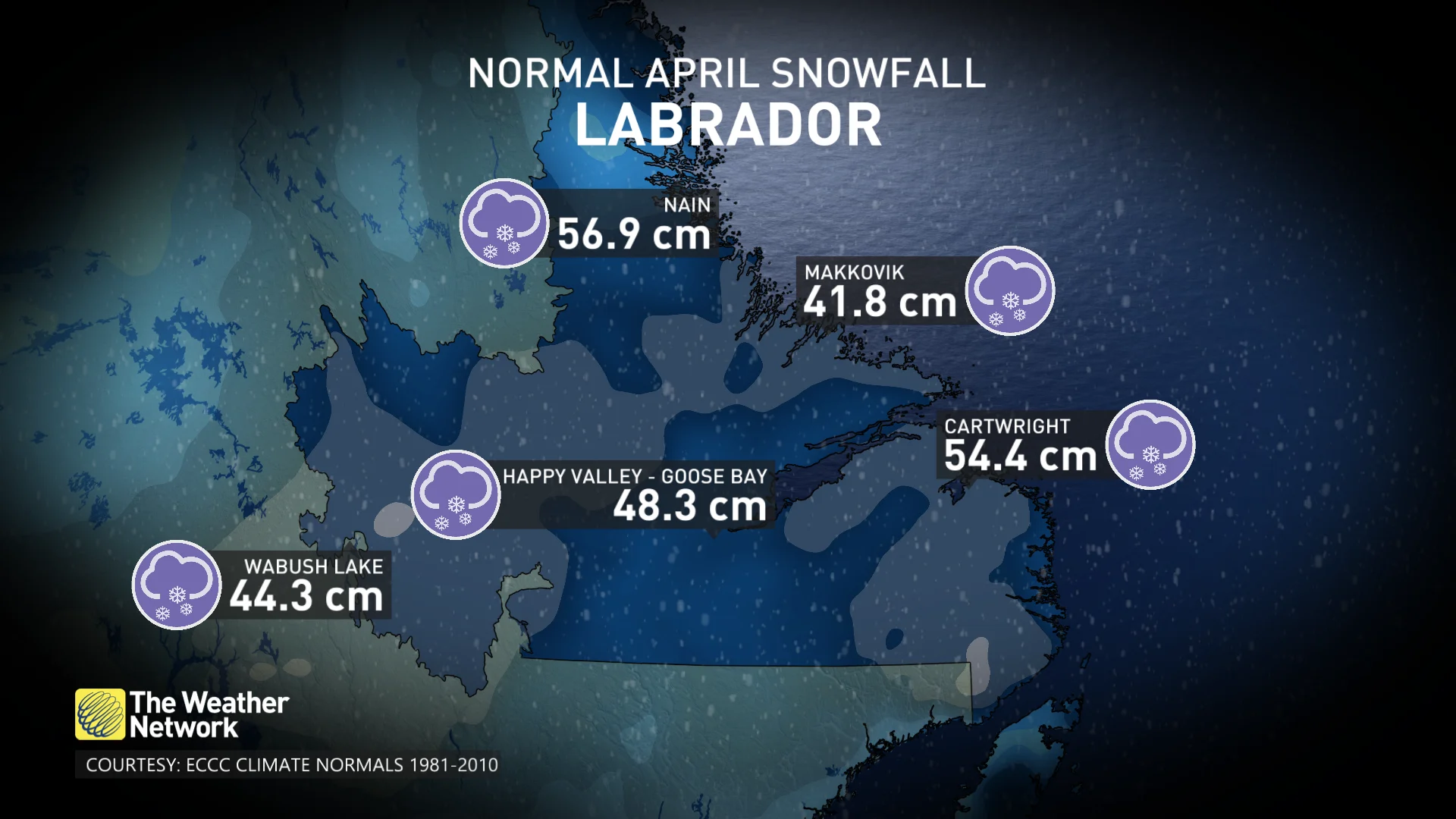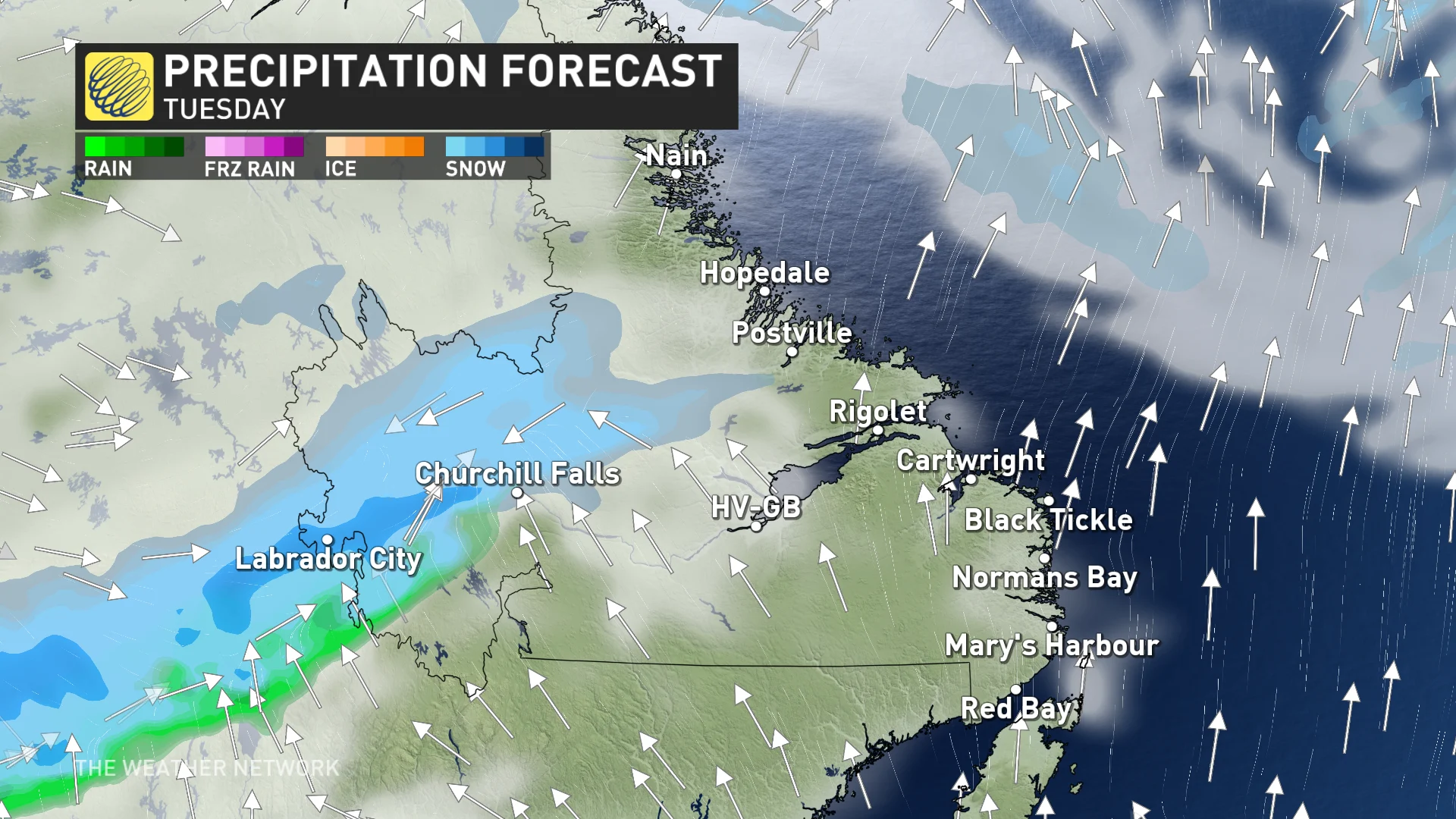News
Coronavirus may leave permanent economic ‘scars’: Bank of Canada – Global News
The second-in-command at the Bank of Canada is warning that economic “scars” from the COVID-19 pandemic could become permanent without concerted effort from all Canadians.
The pandemic remains an important day-to-day concern for governments and policy-makers, but more discussion and preparation for the post-pandemic recovery needs to take place, said senior deputy governor Carolyn Wilkins, who is due to step down as of Dec. 9.
Read more:
U.S. debt from coronavirus pandemic will soon exceed size of entire economy, analysts say
In a webcast speech to the Munk School of Global Affairs and Public Policy on Thursday, Wilkins said the economic recovery will likely be uneven and it must be recognized that some people and jobs will be left behind, despite positive outcomes such as the accelerated transition to digitization as a source of improved competitiveness.
“In our most recent projection, this adds up to a situation where Canada is likely to exit the pandemic with a lower profile for potential output,” she said.
“That means, in regular people terms, a significantly diminished ability to generate the goods and services and incomes on a sustainable basis and any of those scars could become permanent without deliberate actions from all of us.”

Rising numbers of COVID-19 cases across Canada are concerning and present a downside risk to the bank’s forecasts but positive news about early success in developing a vaccine help offset those concerns, she said.
Canadians should reject the idea that economic goals must come at the cost of social goals, Wilkins said, citing Quebec’s daycare system as an example of a policy that created a “virtuous circle” in which families were helped and more women joined the workforce.
Canada could also be made more resilient through policies that encourage equity rather than debt financing as a way to foster business creation and growth, she said.
Conventional wisdom is that the economy is a public sector problem, but private sector investment in growth-enhancing initiatives and smart incentives such as green technology are also important for longer term growth, Wilkins said.
“It’s not lost on me that I’m encouraging you and all of us to explore the far side of the moon when right now life still feels pretty difficult here now on earth,” she said.
“The COVID-19 pandemic remains a formidable obstacle to both our health and our economic prosperity and we can’t have one without the other. Governments are acting decisively and monetary policy is complementing these actions by creating the financial conditions that support growth.”

She said the pandemic has damaged the potential for Canada and other countries to generate sustainable economic activity and said sights need to be set higher to help businesses create good jobs and to make high debt loads more manageable.
Canada’s productivity and competitiveness issues remain, Wilkins said, arguing that the current crisis may present an opportune time to tackle those persistent problems.
She compared the time of recovery from the pandemic to the aftermath of major wars, with both events forcing governments and businesses to adapt and innovate at speeds they previously thought impossible.
© 2020 The Canadian Press
News
Peel police chief met Sri Lankan officer a court says ‘participated’ in torture – Global News
The head of one of Canada’s largest police forces met with a Sri Lankan inspector general of police who two weeks earlier had been found by the South Asian country’s highest court to have “participated in the torture” of an arrested man.
Photos published by Sri Lankan media, including the Ceylon Today, an English-language daily newspaper, show Peel Regional Police Chief Nishan Duraiappah in uniform posing alongside senior Sri Lankan officers on Dec. 29, 2023 at police headquarters in the capital Colombo – a visit a Peel police spokesperson says Global Affairs Canada and the RCMP had been made aware of ahead of time.
One of the law enforcement officials in the photos was the inspector-general of Sri Lankan police, Deshabandu Tennakoon, who earlier that month was ordered to pay compensation for taking part in “mercilessly” beating a man.
Peel Regional Police Chief Nishan Duraiappah signs a guestbook at Sri Lankan police headquarters in Colombo, as the country’s inspector general Deshabandu Tennakoon stands behind him. Sri Lanka’s Supreme Court found he took part in the torture of an arrested man. (Credit: Ceylon Today).
Ceylon Today
On Dec. 14, 2023, Sri Lanka’s Supreme Court ruled Tennakoon was involved in the brutal arrest of a man suspected of theft, holding him in what the court called the “torture chamber” of the police station for more than 24 hours, striking and suffocating him, and rubbing chili powder on his genitals.
Dr. Thusiyan Nandakumar, a physician who also runs the London, U.K.-based outlet the Tamil Guardian, called it a “stain on Canada’s reputation.”
“To see someone of (Duraiappah’s) stature receive a guard of honour from that very same institution that’s responsible for so many abuses was shocking, to say the least,” Nandakumar said.
Duraiappah declined Global News’ request for an interview. In a statement, a Peel Regional Police spokesperson called his trip to Sri Lanka “personal” and said there is “no ongoing initiative or collaboration between Peel Regional Police and any organization in Sri Lanka.”
Peel Regional Police Chief Nishan Duraiappah wears his uniform and walks by Sri Lankan soldiers in a visit Peel police describe as a “personal” trip. (Credit: Ceylon Today).
Ceylon Today
Duraippah was photographed multiple times during his visit wearing his Peel police uniform.
Rathika Sitsabaiesan – a former NDP MP and Canada’s first Tamil member of Parliament – says when someone wears a uniform, “you’re representing the organization for which you are the chief.”
Duraippah is the only police chief of Sri Lankan descent outside the South Asian nation, according to Peel police, which operates in Mississauga and Brampton, Ont.
“(It’s) very harmful to me as a Canadian, as someone who grew up in the region of Peel, and all the people who continue to live in Peel and who identify as Tamil, in my opinion,” Sitsabaiesan said.
The Peel spokesperson said Duraiappah accepted an invitation from Sri Lankan police officers while he was on a family vacation to the country of his birth.
More on Canada
The spokesperson would not confirm when asked if Duraiappah had met directly with Tennakoon beyond the photos, which show them holding a plaque together and Tennakoon standing behind Duraiappah while he signed a guestbook.
It’s not clear whether the event photographed was the only meeting or whether any additional ones were held, including whether Duraiappah and Tennakoon met outside of the moment they were photographed together.
Another Peel spokesperson added that “the Chief discussed the requests for meetings received with Global Affairs Canada and the RCMP.”
The RCMP says the force provided information to Duraiappah about Tennakoon, including about the recent court ruling, ahead of time.
“The Government of Canada did not organize the visit, which was considered a personal visit. However, given the RCMP’s close working relationship with Peel Regional Police, the RCMP Liaison Officer for Sri Lanka offered to facilitate Chief Duraiappah with arrangements involving police agencies in Sri Lanka,” an RCMP spokesperson said in response to questions from Global News.
“Information was provided to Chief Duraiappah for his situational awareness about recent developments in Sri Lanka, including the Sri Lankan Supreme Court’s ruling on Chief Tennakoon.”
Global Affairs Canada also said the visit was “personal.”
“The Government of Canada did not organize the visit” and “as is customary for meetings with high-level officials, staff from the High Commission of Canada to Sri Lanka accompanied the Chief as a courtesy,” Global Affairs Canada spokesperson Marilyn Guèvremont said.
Sitsabaiesan says “alarm bells should have gone off” given the country’s human rights record.
In October 2022, Canada adopted a United Nations Human Rights Council resolution calling on Sri Lanka to address the “human rights, economic and political crises” in the country.
The following year it sanctioned four government officials for “human rights violations on the island” and commemorated the Tamil Genocide Remembrance Day for the first time – marking the deaths of tens of thousands of Tamils during the country’s 26-year civil war.
“Canada is well-versed in the crimes that took place. It’s not something that Ottawa is blind to,” Nandakumar said.
While it’s not unusual for western officers to visit, collaborate or train police forces in developing countries, some have recently distanced themselves from Sri Lankan authorities.
In 2021, Scotland ended its training program for officers in the country over allegations of human rights abuses.
In January of this year, the United Nations criticized Sri Lankan police for their “heavy handed” anti-drug crackdown, with reports of arbitrary arrests, torture and public strip searches.
Tennakoon’s recent appointment as police chief shows “much about how law enforcement authorities in the island operate with impunity,” Neil DeVotta, an expert on South Asia and politics professor at Wake Forest University in North Carolina, said in an e-mail to Global News.
Nandakumar says the Peel chief’s visit to the Sri Lankan police headquarters raises questions about judgement.
“When a senior Canadian official goes to meet with forces accused of such egregious crimes … to see something like that take place, it was very disconcerting.”
“I think an apology is needed,” he said.
News
Body believed to be missing B.C. kayaker found in U.S., RCMP say – CBC.ca


The RCMP say a body that was recovered by authorities in Washington state is believed to be one of two kayakers reported missing off Vancouver Island on Saturday.
Const. Alex Bérubé said the identity of the body found on San Juan Island, just south of the border, is still to be confirmed by the coroner.
A search has been underway in the waters off Sidney, B.C., about 25 kilometres north of Victoria, since the two kayakers were reported missing.
RCMP previously said Daniel MacAlpine, 36, and Nicolas West, 26, went missing while kayaking from D’Arcy Island to View Beach on Saturday afternoon. They were in a teal blue, fibreglass, two-person kayak.
Police said members of the Central Saanich Police Department and Peninsula Emergency Measures Organization search and rescue were involved in the search, and the Joint Rescue Co-ordination Centre and Canadian Coast Guard were also assisting.
News
Some Canadians will be digging out of 25+ cm of snow by Friday – The Weather Network
Digital WritersThe Weather Network


Prepare for multiple rounds of April snowfall this week, as Labrador braces for wintry conditions. This onslaught of snow is expected to blanket the region, potentially leading to hazardous travel conditions and disruptions throughout the week
As we march even deeper into the heart of the spring season, many parts of Canada are finding it tough to find any consistent signs of warming weather. Add to the mix periods of snow and wintry precipitation, and it’s safe to say the winter season is certainly not going out without a strong fight.
This week, parts of the East Coast will bear the brunt of the winter weather, with multiple rounds of April snowfall stacking up in Labrador. The chances for snow flurries will stick around all week long, bringing as much as 25 cm for some.
MUST SEE: Extreme pattern over Arctic produces 50+ degree temperature spread
Although 25+ cm of snow in April may seem extreme, for this part of the country, it’s definitely nothing out of the ordinary. In fact, the month as a whole brings about 40-50 cm of snow to Labrador on average.


Some communities, including Nain, even have snowfall chances stretch all the way into June!
“This week will be a little bit different however, as some regions could reach about half of Labrador’s monthly averages alone,” says Rachel Modestino, a meteorologist at The Weather Network. “The first round on Tuesday will pack quite the punch, with heavy snow and gusty winds stretching from Labrador city to the coast.”


Winds will be gusting between 70-90 km/h at times, and travel conditions will likely deteriorate quickly due to potential whiteouts and reduced visibility.
-



 Politics24 hours ago
Politics24 hours agoFareed’s take: There’s been an unprecedented wave of migration to the West – CNN
-



 Health23 hours ago
Health23 hours agoIt's possible to rely on plant proteins without sacrificing training gains, new studies say – The Globe and Mail
-
Business24 hours ago
Gildan replacing five directors ahead of AGM, will back two Browning West nominees – Yahoo Canada Finance
-



 Tech23 hours ago
Tech23 hours agoMeta Expands VR Operating System to Third-Party Hardware Makers – MacRumors
-



 Science23 hours ago
Science23 hours agoNASA's Voyager 1 resumes sending engineering updates to Earth – Phys.org
-
Art5 hours ago
Mayor's youth advisory council seeks submissions for art gala – SooToday
-
Art17 hours ago
Made Right Here: Woodworking art – CTV News Kitchener
-
News22 hours ago
CTV National News: Honda's big move in Canada – CTV News











